In the realm of drilling, gilsonite has emerged as an invaluable tool to enhance drilling efficiency and effectiveness. Named after Samuel H. Gilson, a 19th-century chemist who discovered its remarkable properties, gilsonite is a natural resin-like substance that has found extensive use in various industries, including drilling. This article explores the advantages and applications of gilsonite in drilling operations. 1. Formation Stability and Mud Weight Control: The presence of gilsonite in drilling fluids significantly improves their stability, aiding in the prevention of formation collapse. Gilsonite acts as a bridging agent, forming a thin, sealing layer on the wellbore walls. This helps in controlling fluid loss and minimizing the risk of costly wellbore instability issues such as caving or sloughing.
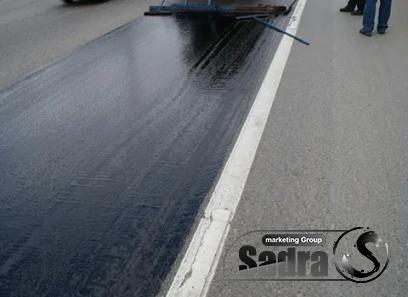
.
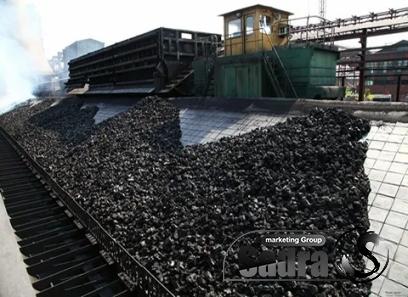 Furthermore, the density and practical mixability of gilsonite make it an ideal additive for controlling mud weight, ensuring proper balance during drilling operations. 2. High-Temperature Stability: One of the main reasons gilsonite is widely used in drilling is its exceptional thermal stability. It can withstand high temperatures encountered during drilling, making it an invaluable additive for drilling fluids in geologically challenging formations. Its thermal resistance inhibits thermal degradation, ensuring that drilling fluids maintain their functionality even in extreme conditions. This property of gilsonite enhances the overall success rate of drilling operations, particularly in deep wells or in wells prone to high-temperature zones.
Furthermore, the density and practical mixability of gilsonite make it an ideal additive for controlling mud weight, ensuring proper balance during drilling operations. 2. High-Temperature Stability: One of the main reasons gilsonite is widely used in drilling is its exceptional thermal stability. It can withstand high temperatures encountered during drilling, making it an invaluable additive for drilling fluids in geologically challenging formations. Its thermal resistance inhibits thermal degradation, ensuring that drilling fluids maintain their functionality even in extreme conditions. This property of gilsonite enhances the overall success rate of drilling operations, particularly in deep wells or in wells prone to high-temperature zones.
..
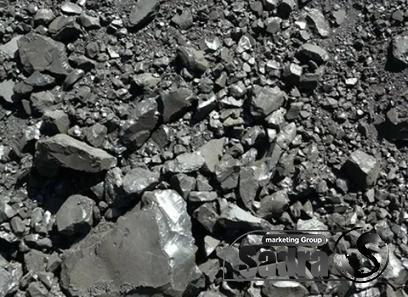 3. Lubrication and Reduction of Frictional Forces: Gilsonite provides excellent lubrication properties, reducing frictional forces in the drilling process. This property minimizes the wear and tear of drilling tools while enabling smooth drilling operations. It also reduces torque and drag, enabling greater drilling depths with less strain on the equipment. By reducing frictional forces, gilsonite not only enhances drilling efficiency but also extends the life of drilling equipment, leading to cost savings for drilling companies. 4. Asphaltene and Paraffin Control: Another significant advantage of gilsonite is its ability to control the build-up of asphaltenes and paraffins in the wellbore. Asphaltenes and paraffins can cause severe issues, including blockages, reduced flow rates, and decreased production efficiency. By adding gilsonite to drilling fluids, these challenges can be mitigated, ensuring smoother drilling operations and maximizing production potential.
3. Lubrication and Reduction of Frictional Forces: Gilsonite provides excellent lubrication properties, reducing frictional forces in the drilling process. This property minimizes the wear and tear of drilling tools while enabling smooth drilling operations. It also reduces torque and drag, enabling greater drilling depths with less strain on the equipment. By reducing frictional forces, gilsonite not only enhances drilling efficiency but also extends the life of drilling equipment, leading to cost savings for drilling companies. 4. Asphaltene and Paraffin Control: Another significant advantage of gilsonite is its ability to control the build-up of asphaltenes and paraffins in the wellbore. Asphaltenes and paraffins can cause severe issues, including blockages, reduced flow rates, and decreased production efficiency. By adding gilsonite to drilling fluids, these challenges can be mitigated, ensuring smoother drilling operations and maximizing production potential.
…
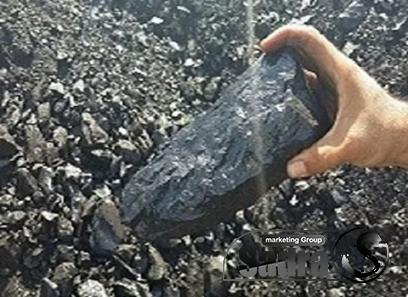 5. Environmental Benefits: Gilsonite is a natural, non-toxic substance, making it an environmentally friendly choice for drilling operations. Its use as an alternative to synthetic additives reduces the environmental impact and complies with strict regulations governing drilling activities. Furthermore, gilsonite’s biodegradability contributes to the overall sustainability of drilling operations, aligning with the increasing demand for eco-conscious practices. Conclusion: Gilsonite’s unique properties have made it an indispensable additive in drilling operations. From stabilizing formations to controlling mud weight, gilsonite enhances drilling efficiency and minimizes operational risks. Its thermal stability, lubricating qualities, and ability to control harmful compounds further contribute to its efficacy. By choosing gilsonite, drilling companies can optimize their processes, reduce costs, and prioritize environmental sustainability.
5. Environmental Benefits: Gilsonite is a natural, non-toxic substance, making it an environmentally friendly choice for drilling operations. Its use as an alternative to synthetic additives reduces the environmental impact and complies with strict regulations governing drilling activities. Furthermore, gilsonite’s biodegradability contributes to the overall sustainability of drilling operations, aligning with the increasing demand for eco-conscious practices. Conclusion: Gilsonite’s unique properties have made it an indispensable additive in drilling operations. From stabilizing formations to controlling mud weight, gilsonite enhances drilling efficiency and minimizes operational risks. Its thermal stability, lubricating qualities, and ability to control harmful compounds further contribute to its efficacy. By choosing gilsonite, drilling companies can optimize their processes, reduce costs, and prioritize environmental sustainability.
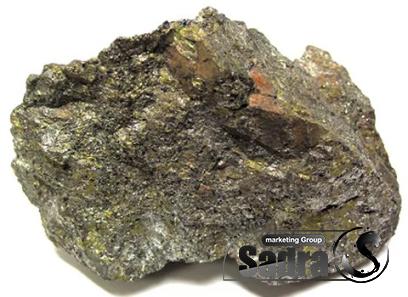
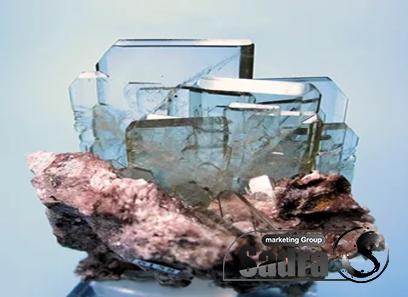
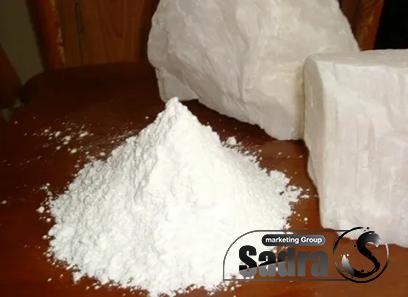
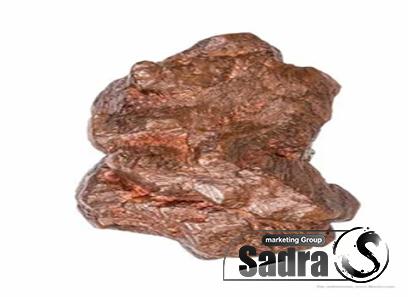
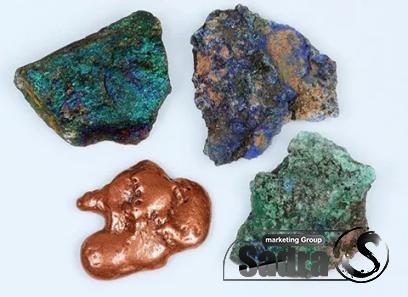
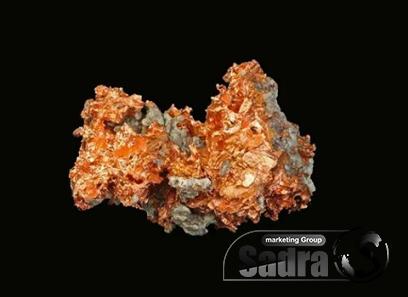
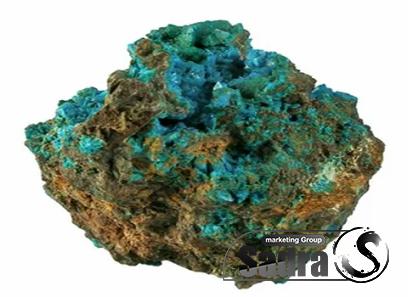
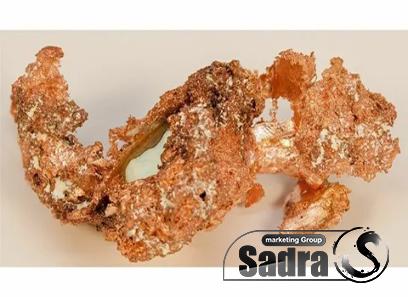
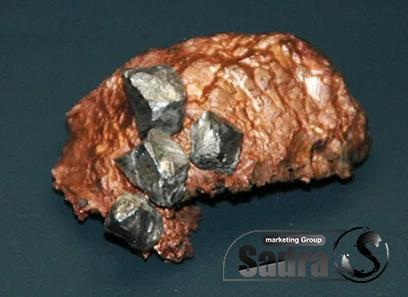
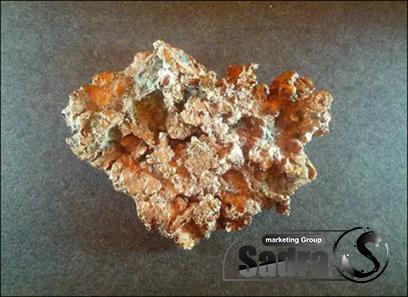
Your comment submitted.